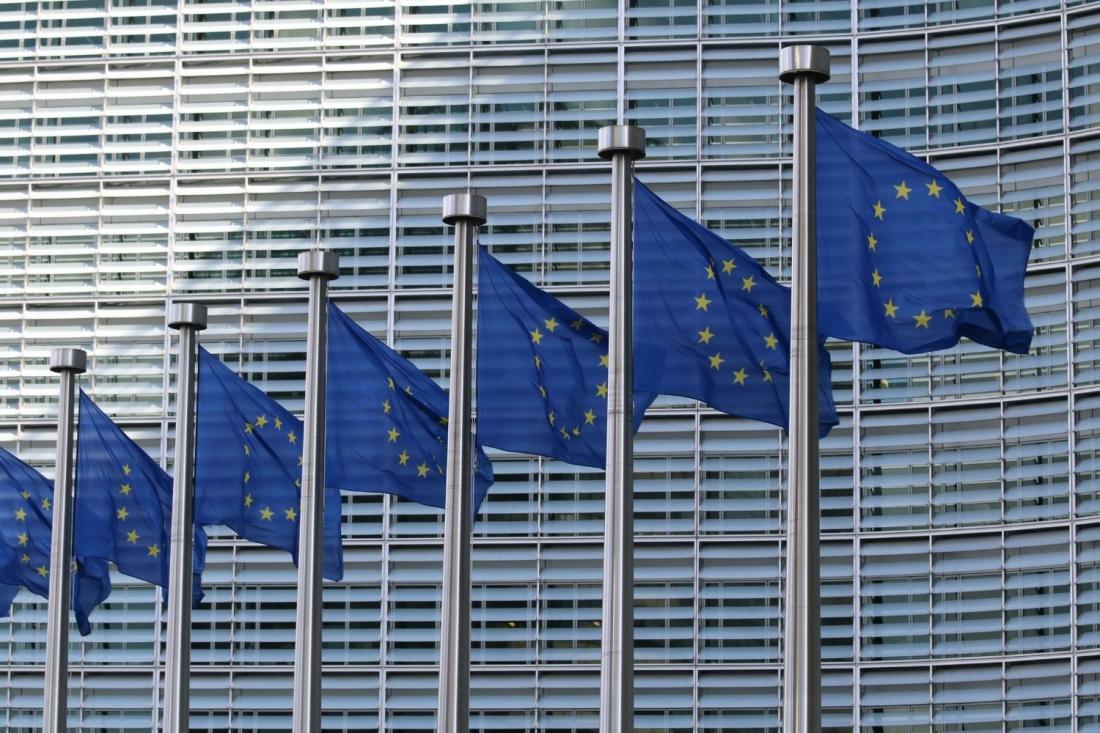Une approche multi-acteurs pour représenter les intérêts des groupes défavorisés : un entretien avec Lucia Conti, chef de projet MYSEA

Ce contenu est disponible uniquement en anglais
European Territorial Cooperation (ETC), better known as Interreg, is one of the key instruments of the European Union (EU) supporting cooperation across borders through project funding. Environment is one of the key themes for the next programming period from 2021 to 2027.
It is now more than evident that we need to change for a more resilient system, hence the Interreg provides three types of programmes: Cross Border Cooperation, Transnational Cooperation and Interregional Programmes. The Interreg Euro MED programme 2021-2027 is expected to make happen three missions: a “smarter Med”, a “greener Med” and “green living areas” through two cooperating flanks: the thematic side and the Governance one. Since 2019, it has been on the making through a co-design approach, which enables a wide range of people to make a creative contribution to the formulation and solution of a challenge.
Lucia Conti, MYSEA senior project manager, took part in the consultation for the preparation of the Interreg Next Med Programme 2021-2027, which involves both EU countries and partner countries and is currently underway. By filling in the online questionnaire, the MYSEA project had the opportunity to select the Specific Objectives deemed most relevant and to propose some types of actions to be considered in the programming process. We interviewed Lucia Conti to find out more.
Why the participation and involvement within the Interreg Next Med Programme 2021-2027 of the MYSEA project has been important?
MYSEA is an on-field project. Its contribution is important because it brings to the table the voice of disadvantaged groups: unemployed youth, women and NEETs in 5 countries across the Mediterranean: Italy and Greece on one side, Tunisia, Lebanon and Jordan on the other.
Which are the main expertise, interest and fields of intervention of MYSEA project? Which are the Policy Objectives of the Programme most relevant to your organisation?
The MYSEA project aims to create a socially inclusive and eco-sustainable Mediterranean society. Its sectors of intervention fall within the green and blue economy and it is committed to inclusive economic growth that guarantees decent work for all. It is implemented through an integrated approach that includes Technical and Vocational Education and Training (TVET) as a key instrument to overcome the skill mismatch of NEETs in order to reduce the unemployment rate and ensure decent work for all. The policy objectives are all relevant because interconnected. However, given our specificities, our contribution may be more relevant to Policy Objective 4-A more social and inclusive Mediterranean and Policy Objective 1-A more competitive and smarter Mediterranean (by promoting innovative and smart economic transformation).
The scope of our contribution as MYSEA project to the public consultation was to ensure proper representation of disadvantaged groups in the programming process with the objective to improve their well being and to promote the role of women and youth as actors of democracy and good governance and protagonist of their life. It is only by covering the last mile that we will not leave anyone behind

Which are the main suggestions from MYSEA to contribute to guide the Task Force in the selection of the Specific Objectives to be addressed by the NEXTMED Programme 2021-2027?
The identified policy and the specific objectives are all relevant for a smarter, greener and more inclusive Mediterranean. However, the silos in which past politics often incurred can only be broken through the active participation of all stakeholders as stated by the 17 Sustainable Development Goals. The Partnership must be an objective in itself, a cross-cutting approach through program implementation. To this end, it is essential to promote horizontal territorial planning involving not only public institutions but also the private sector (non-profit and profit) and citizens. Actions under the specific objectives should include awareness-raising campaigns towards sustainable and inclusive environmental development to increase citizens' awareness and responsibility, as well as actions to facilitate knowledge sharing among networked organizations and communities of practice.







